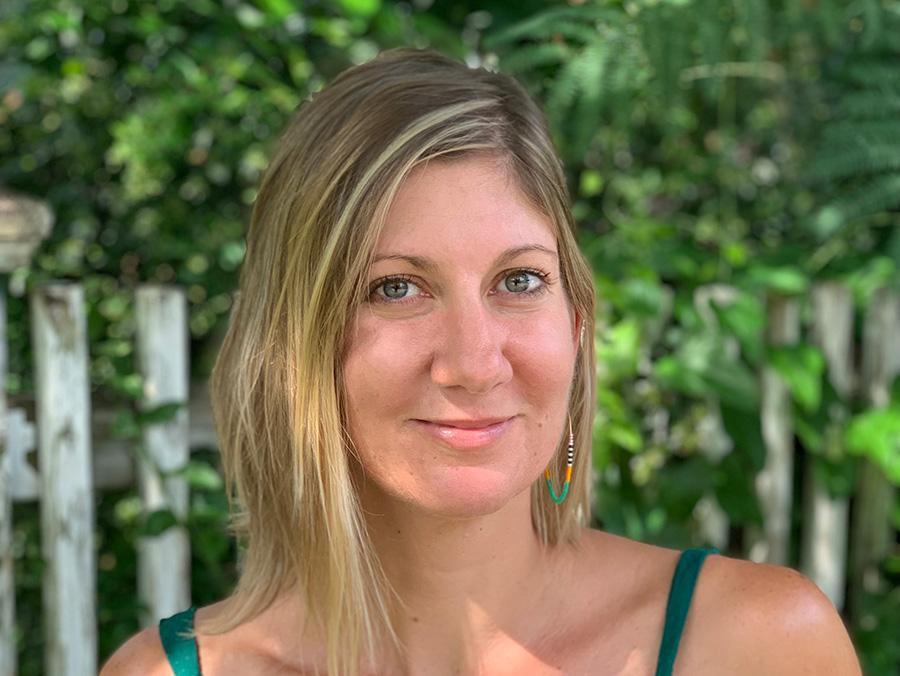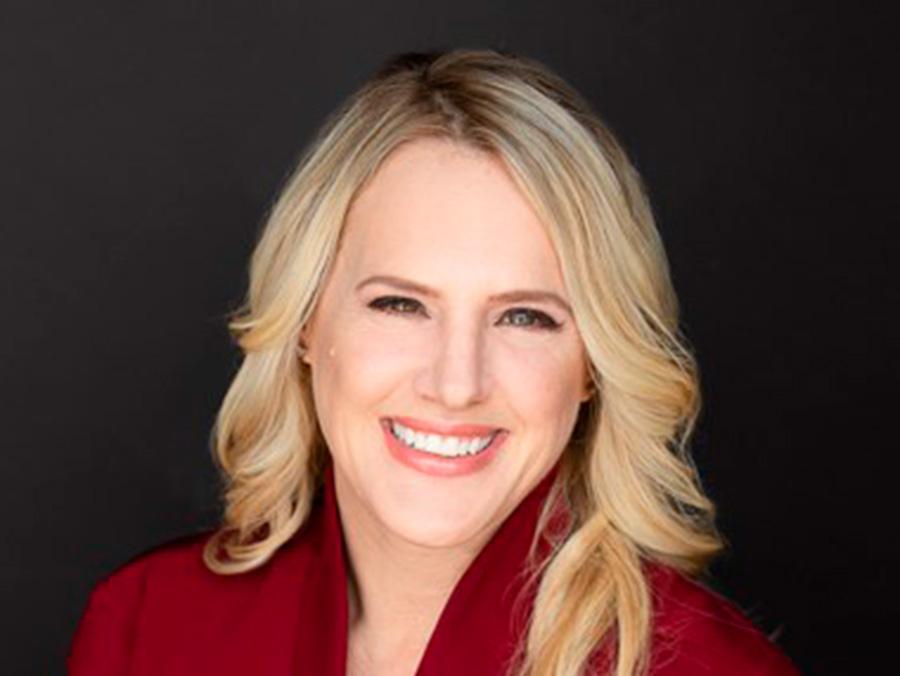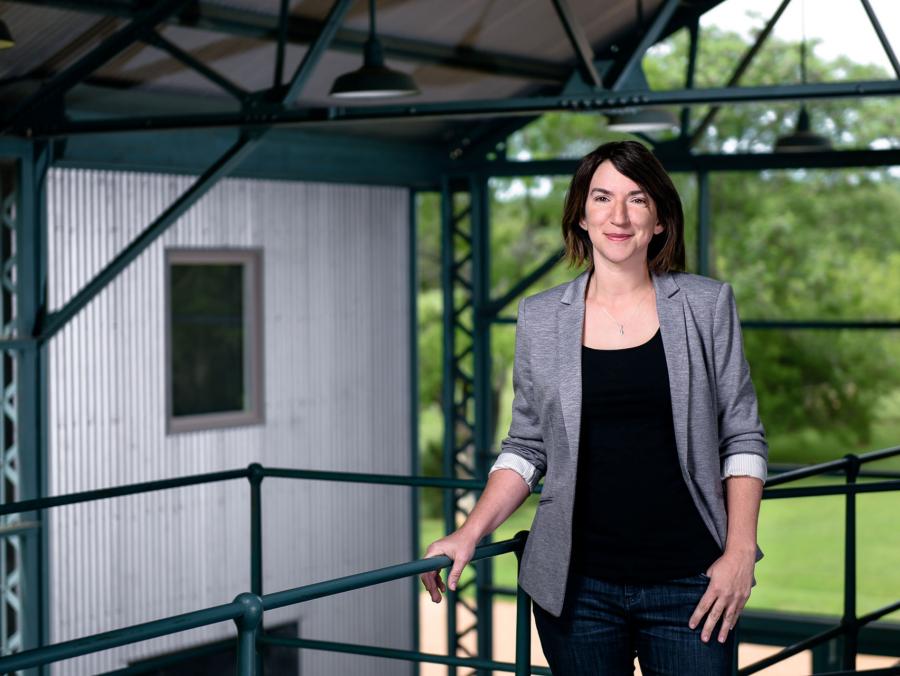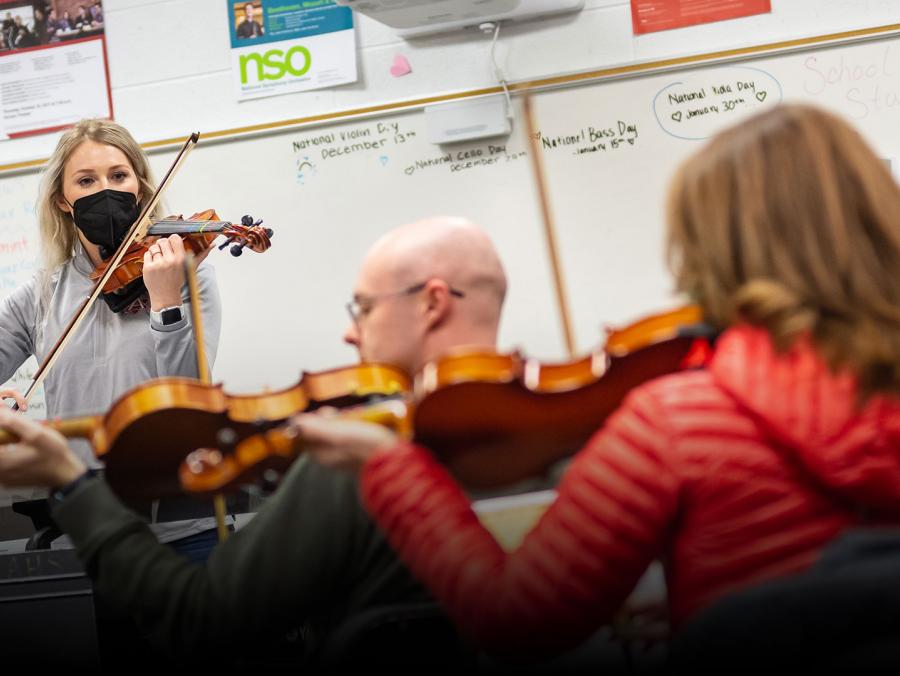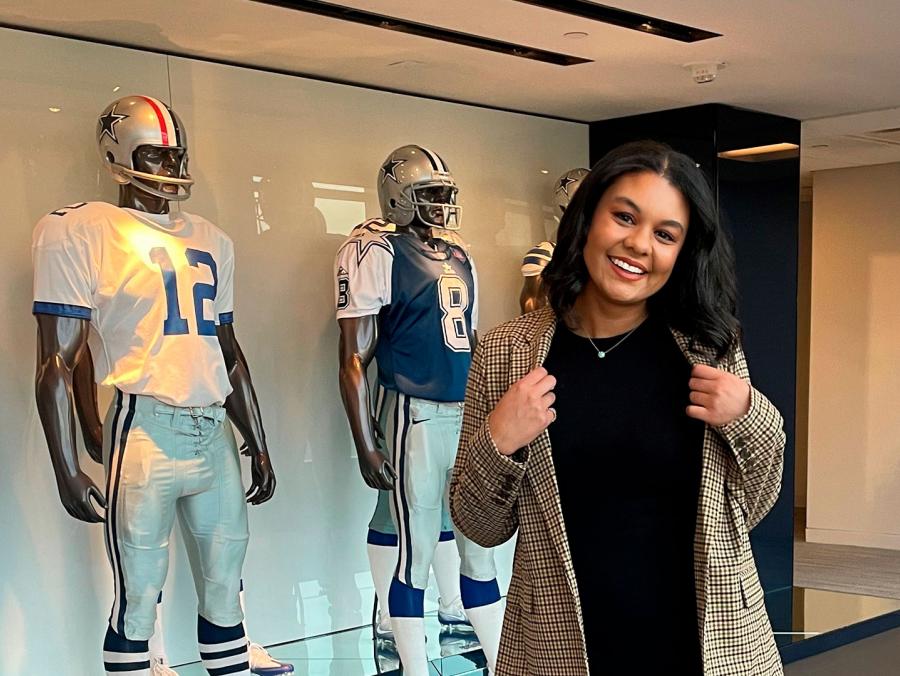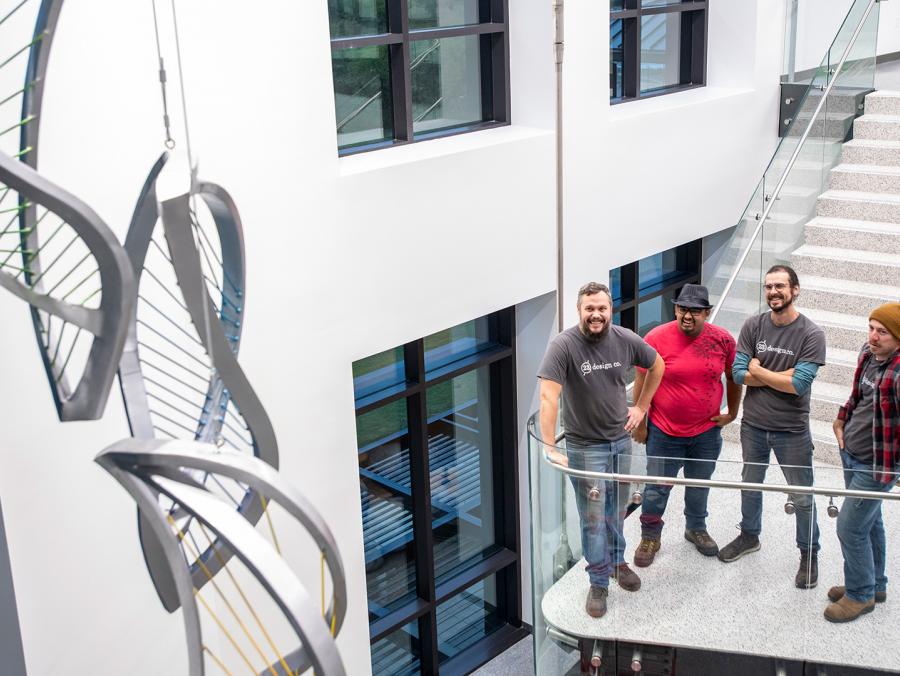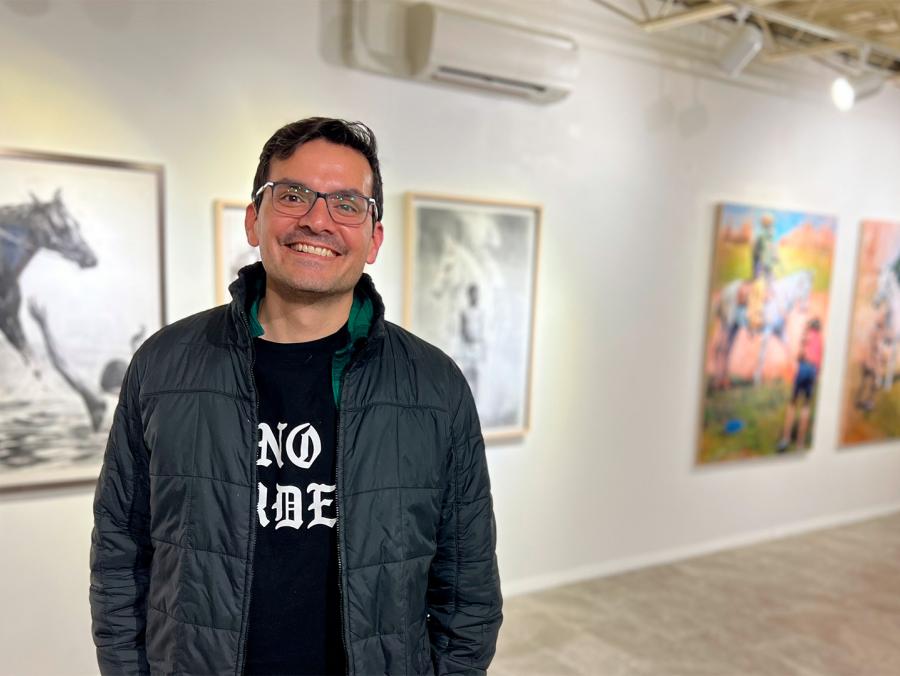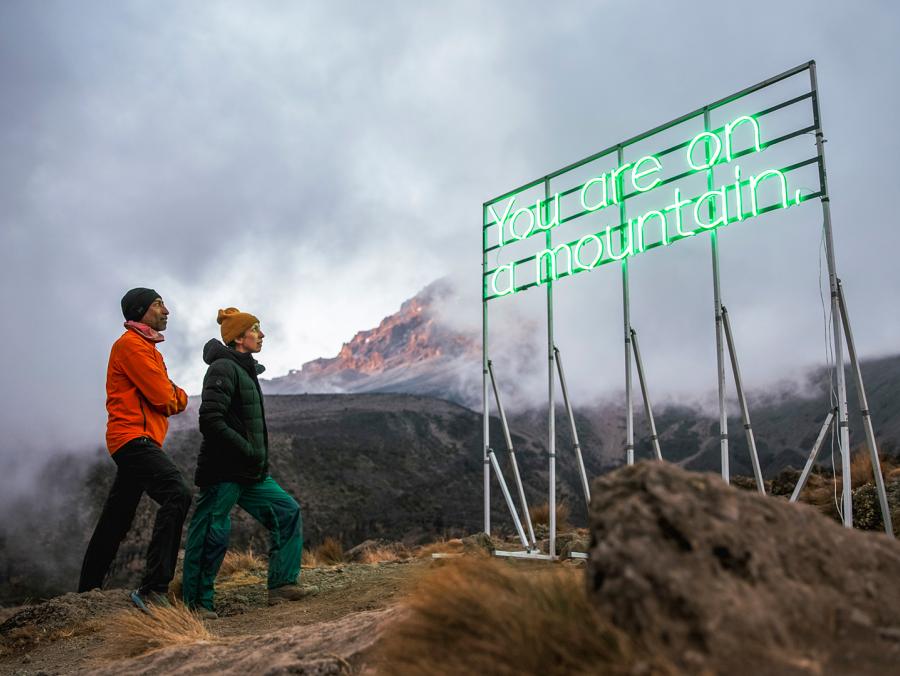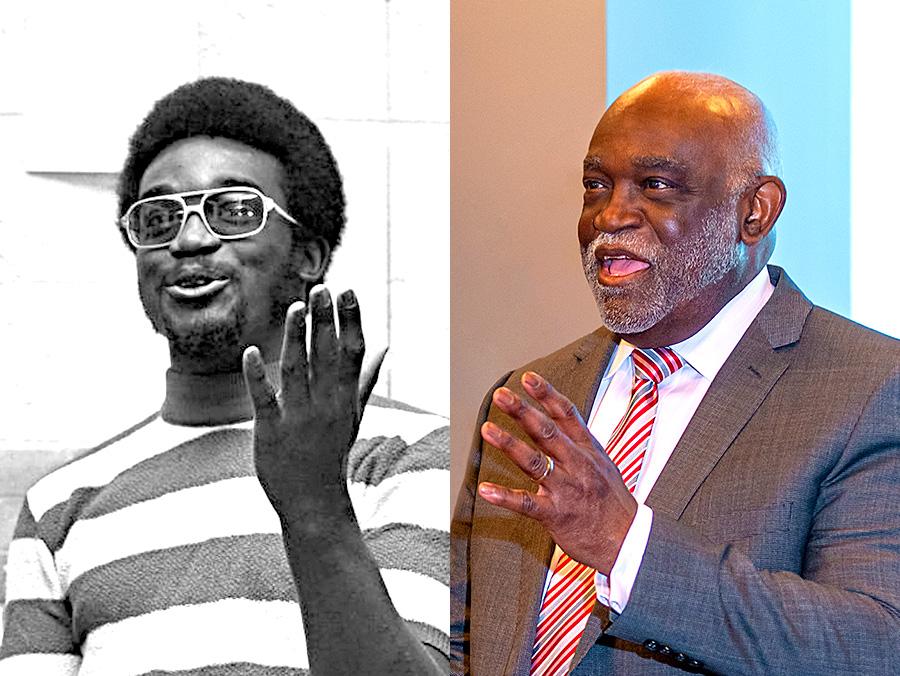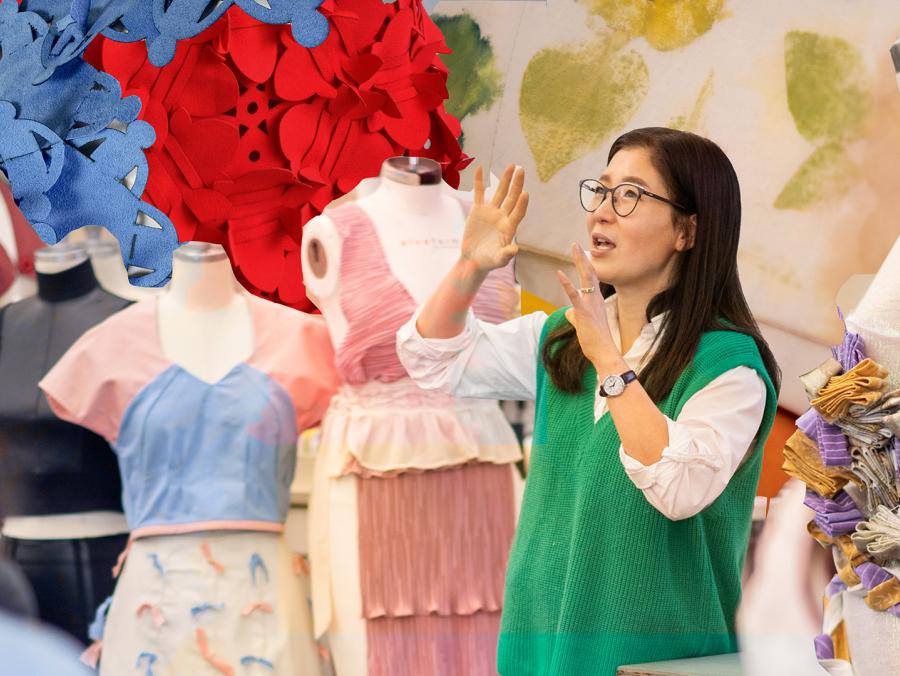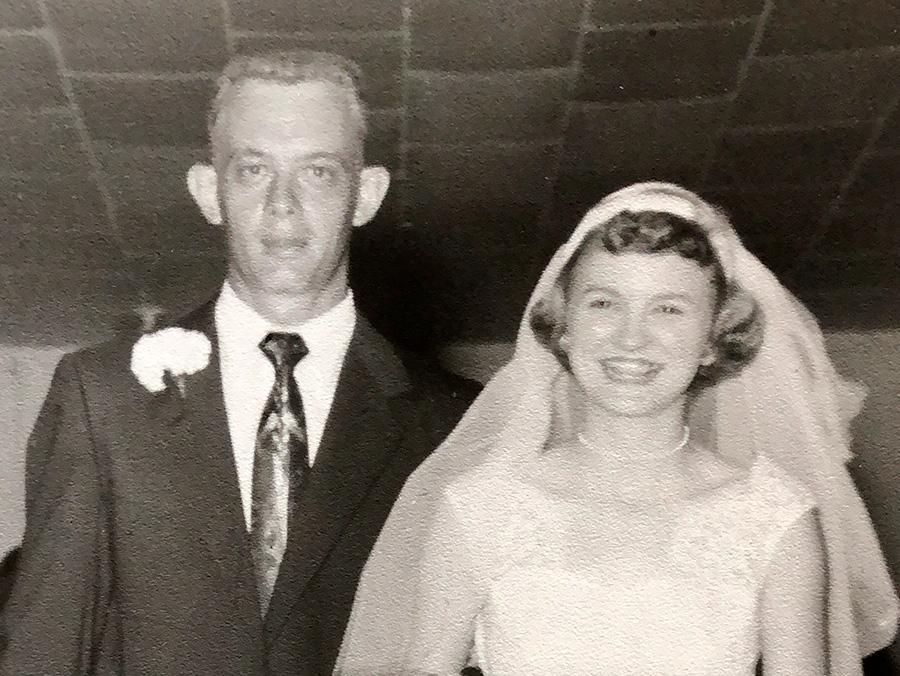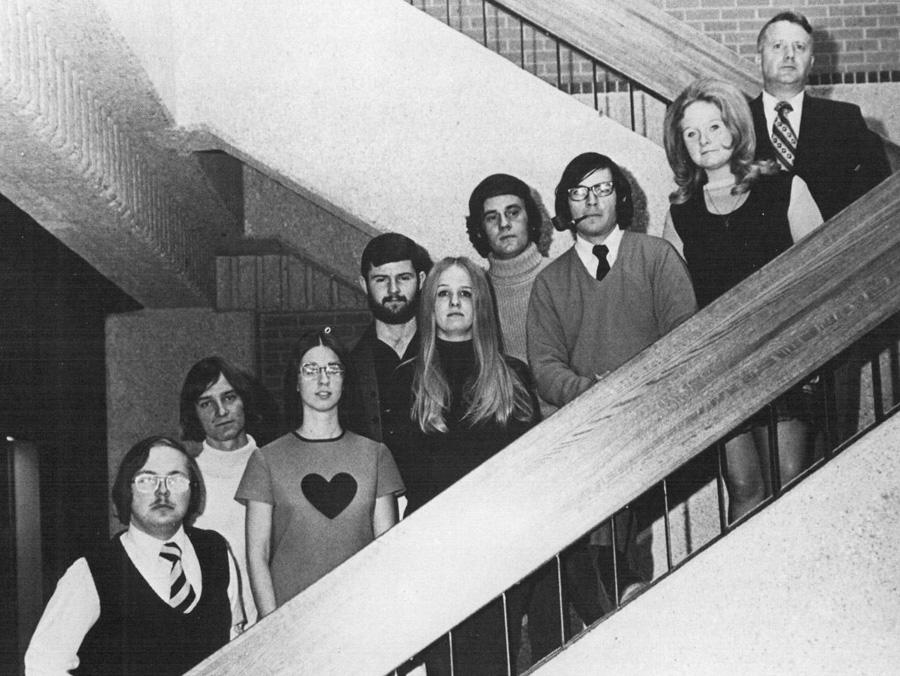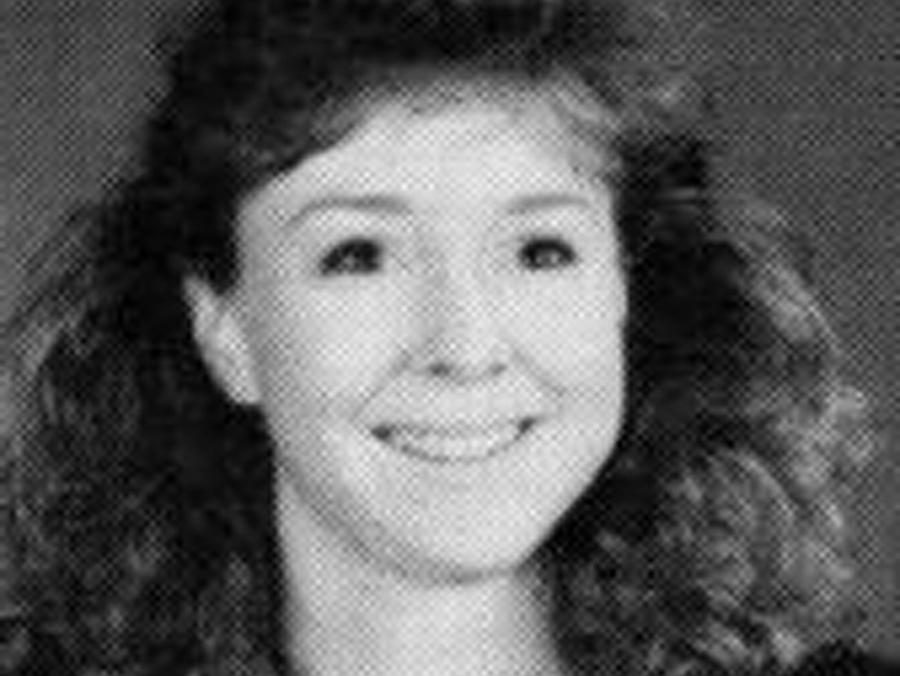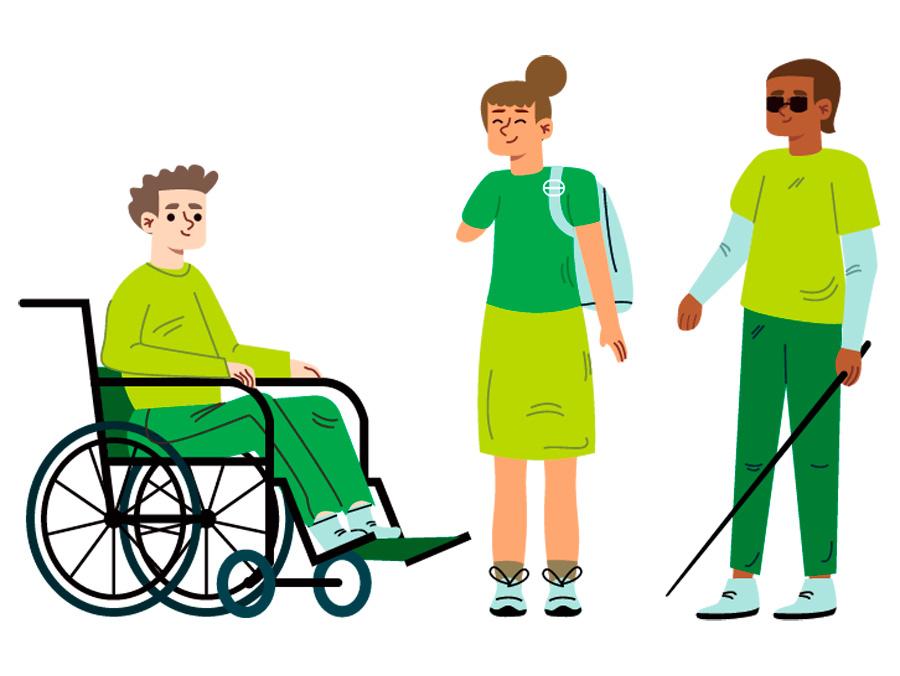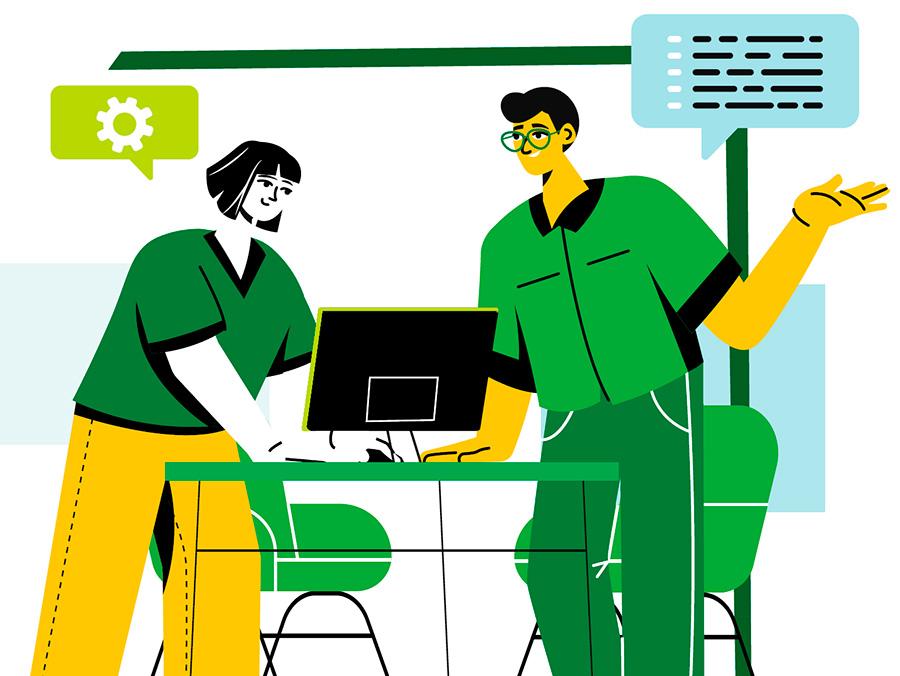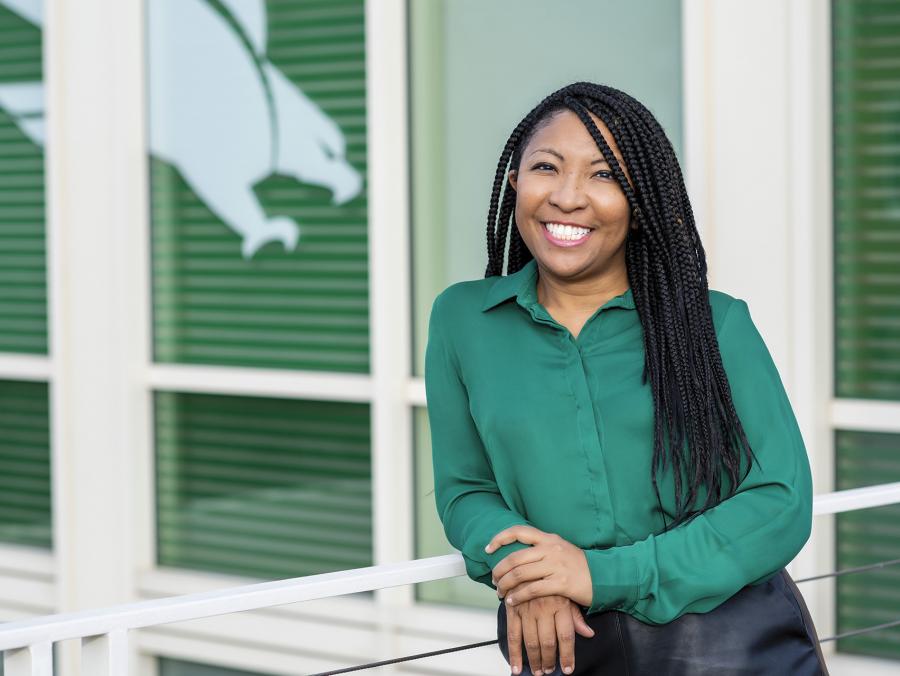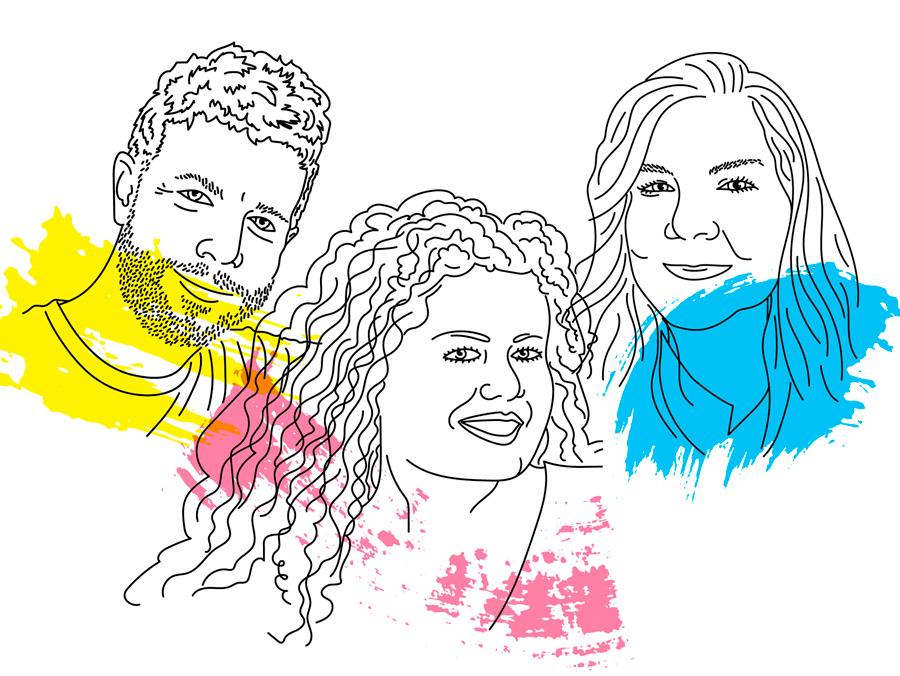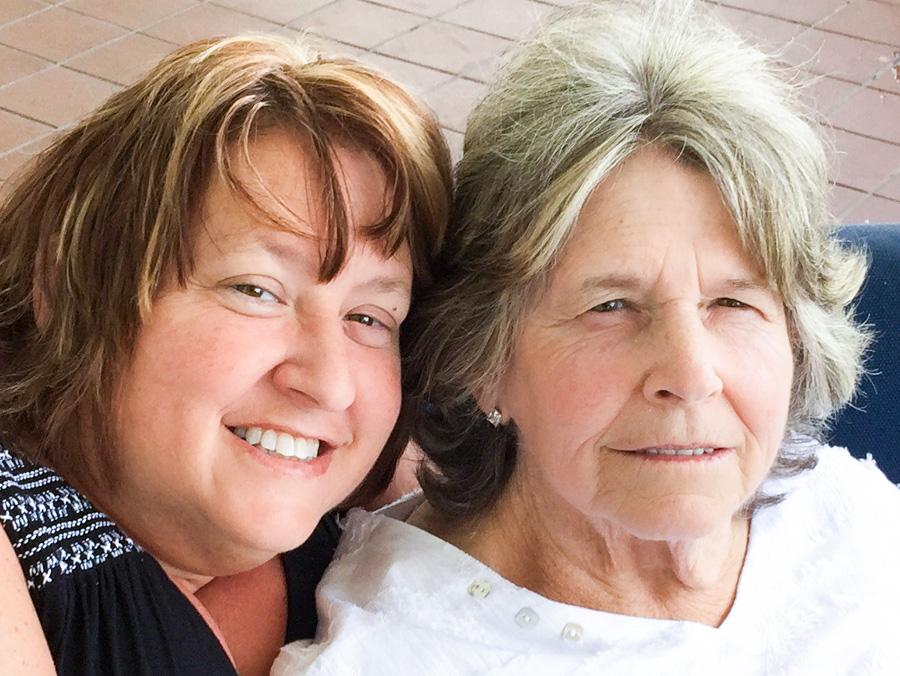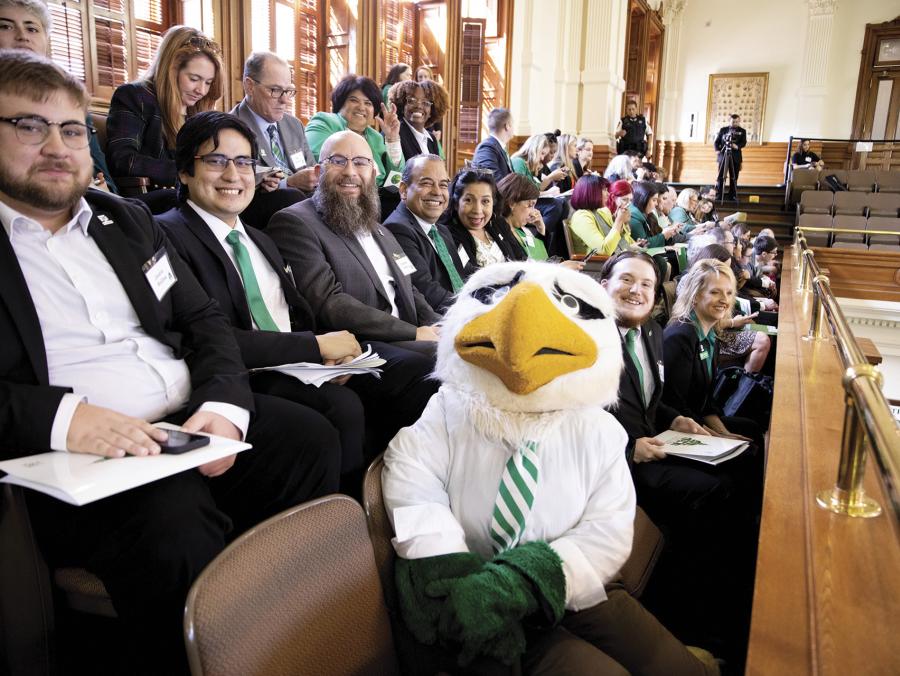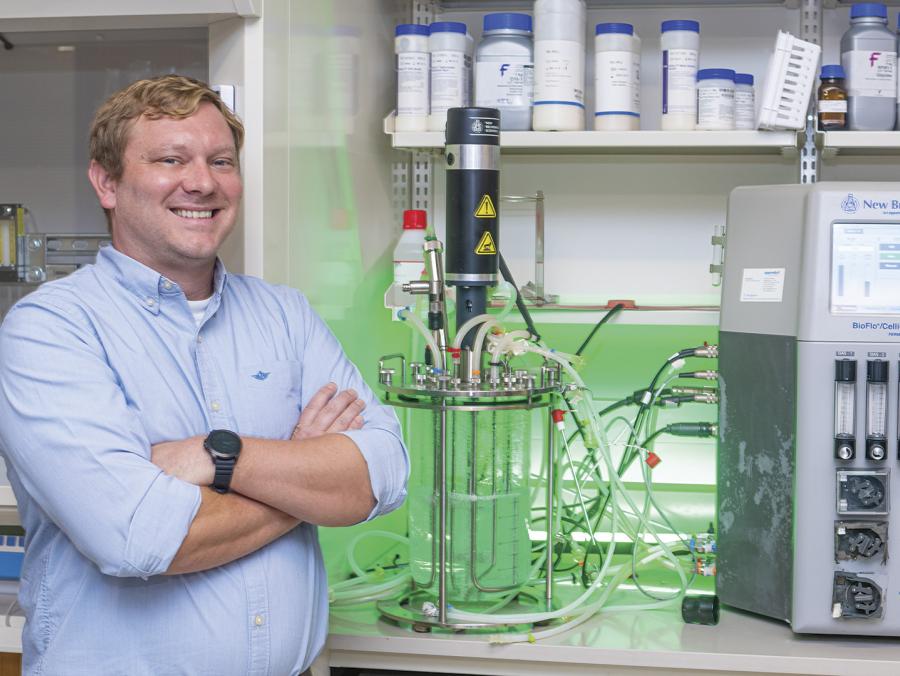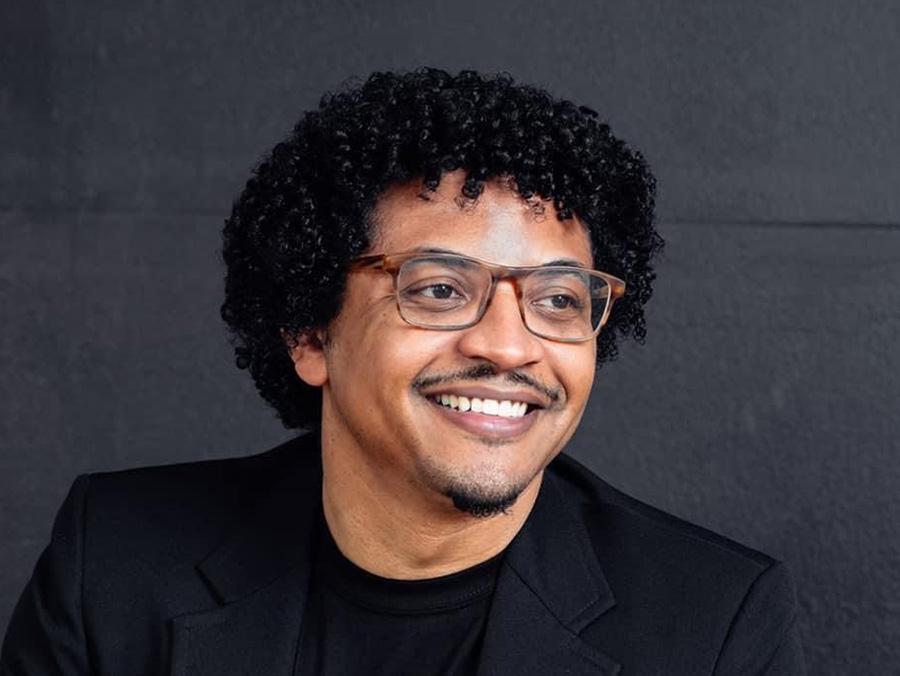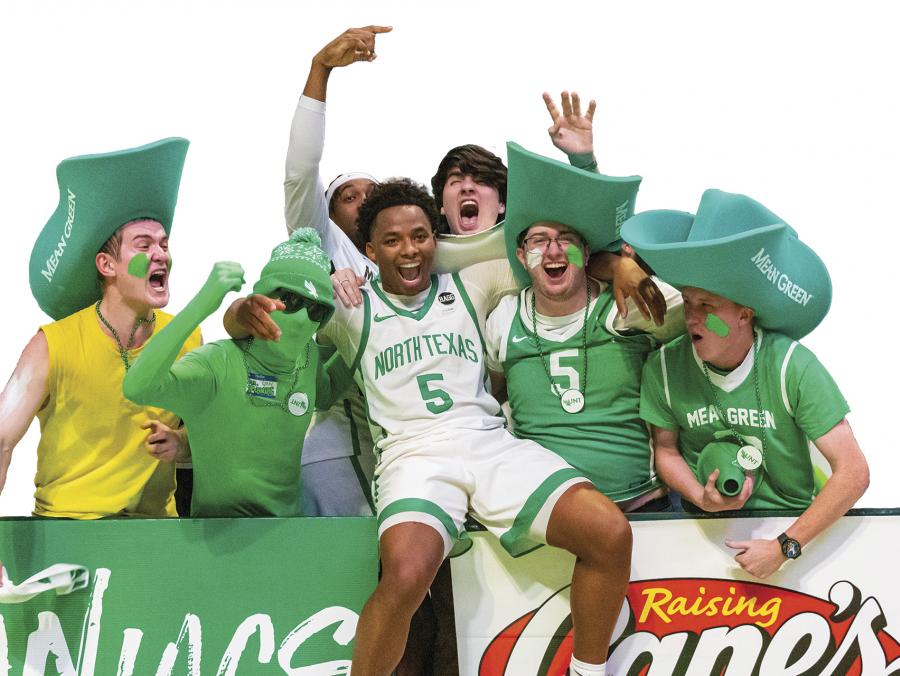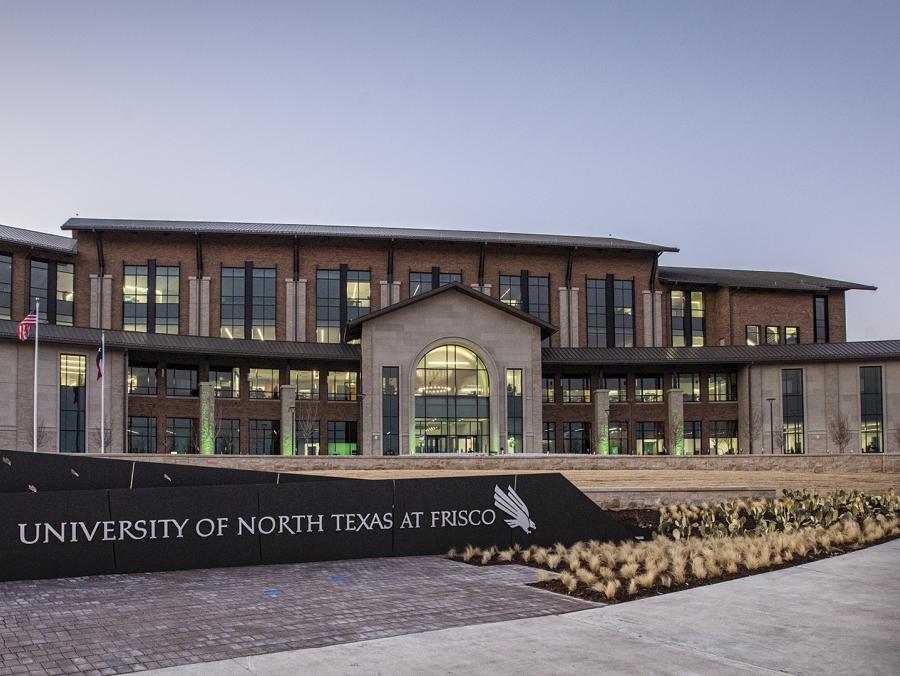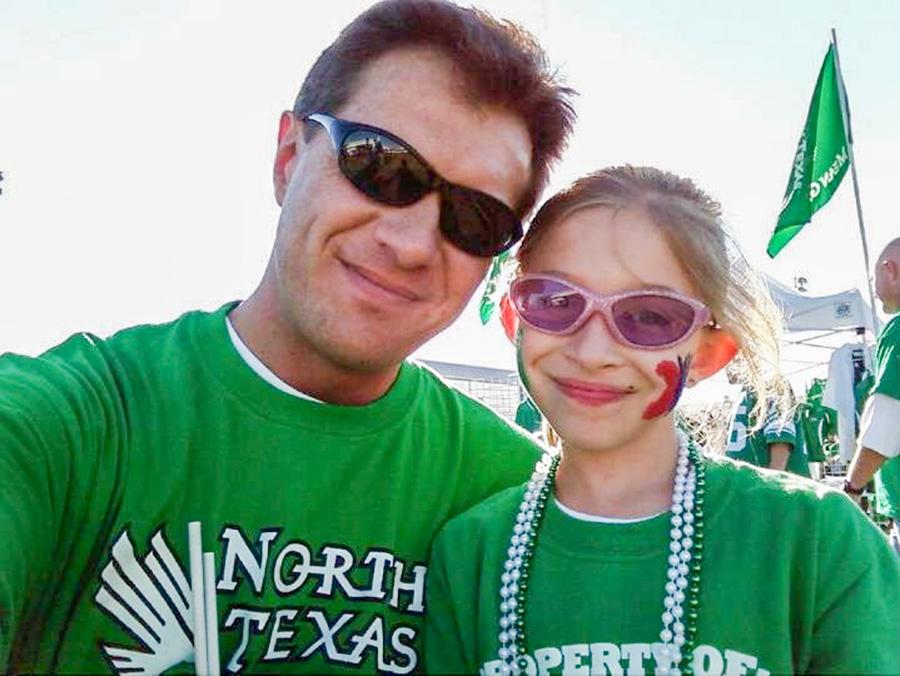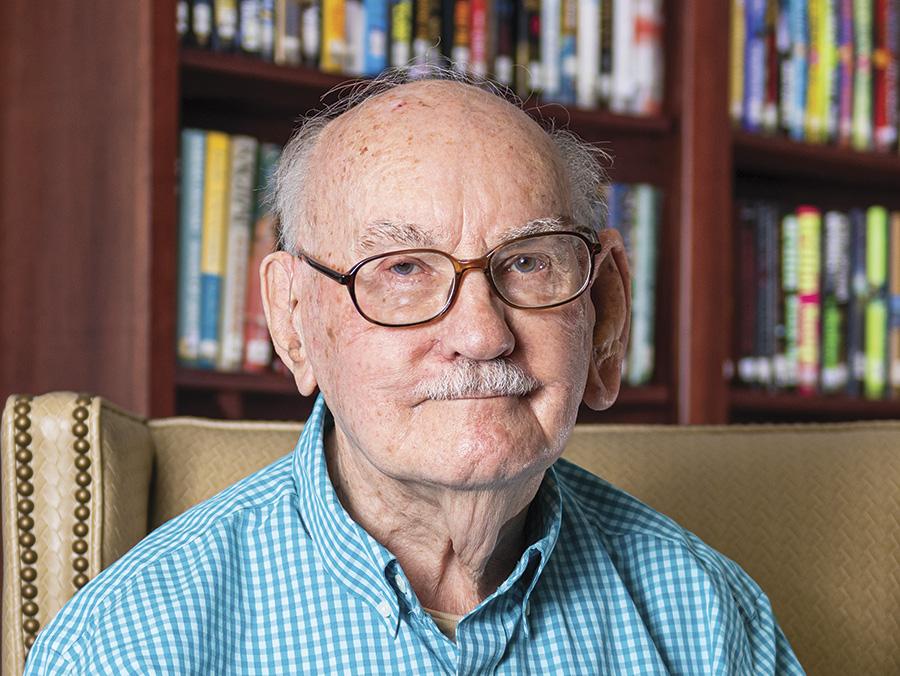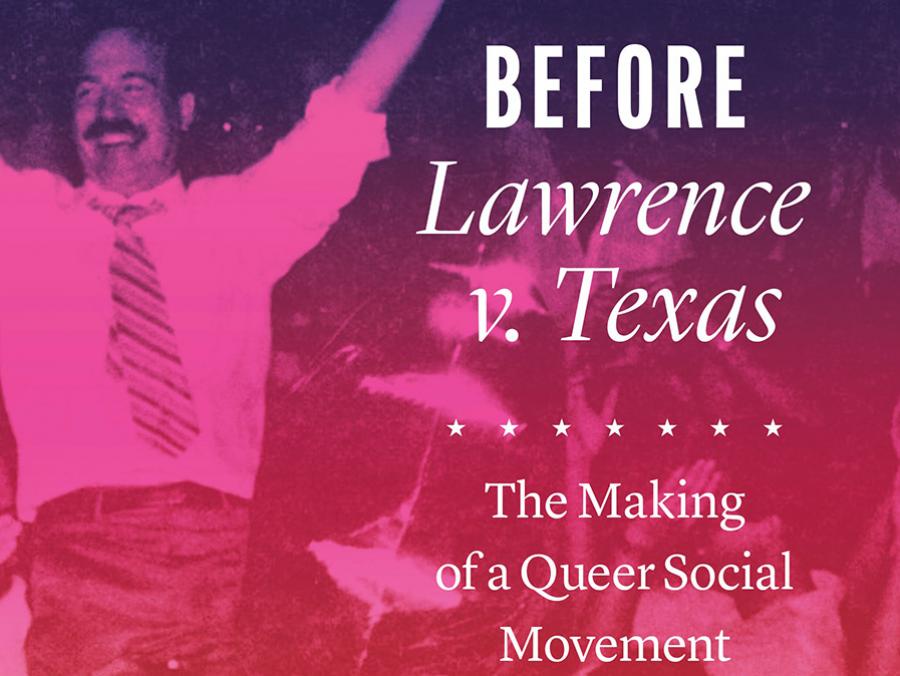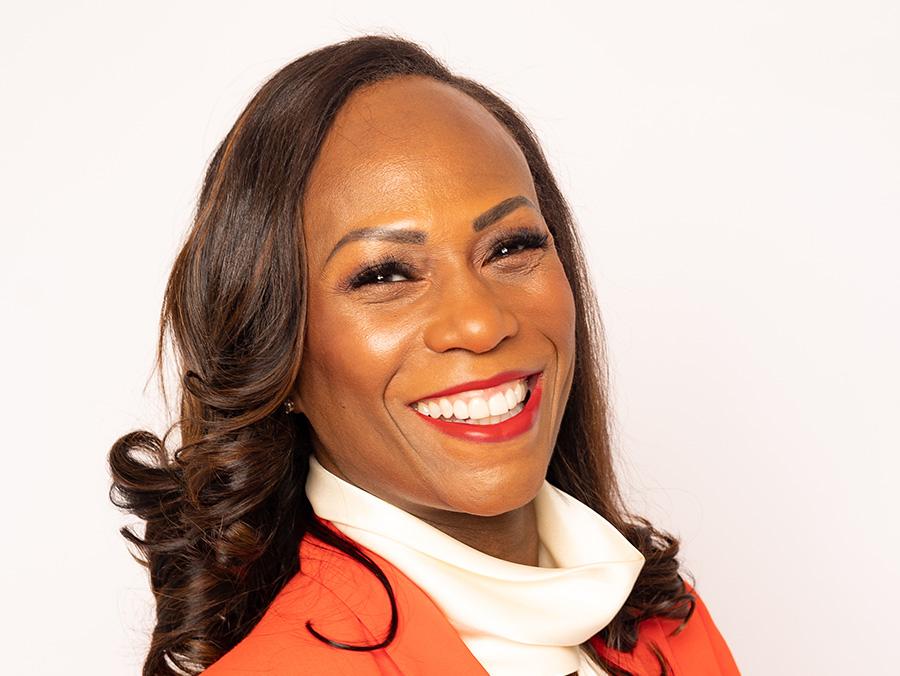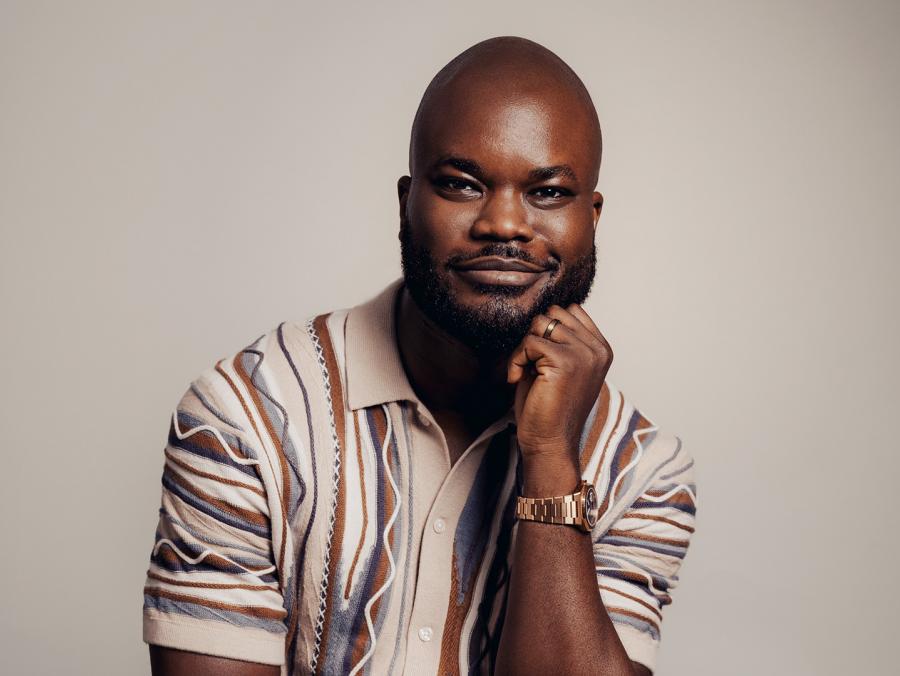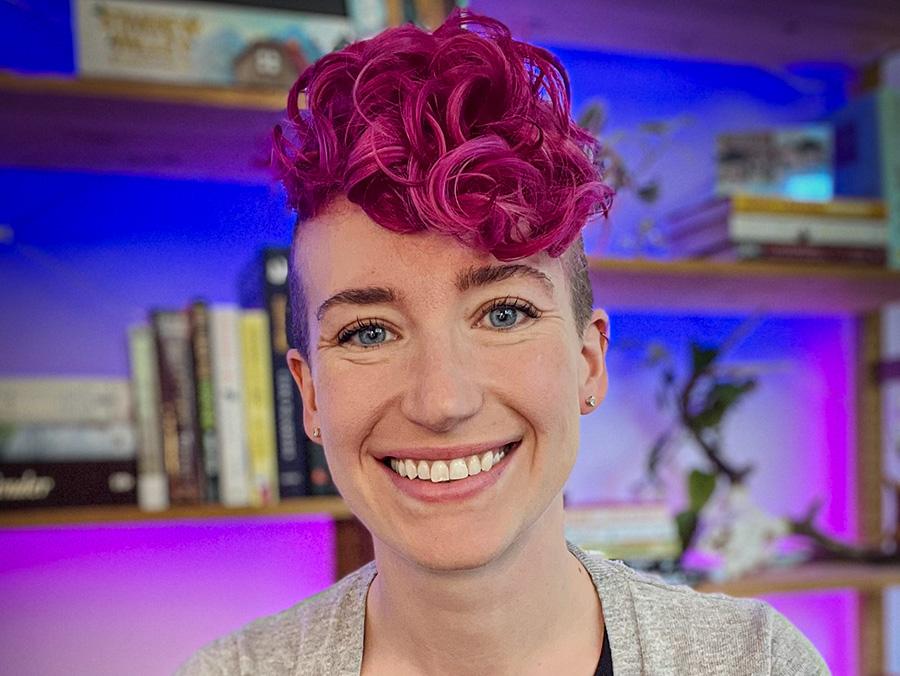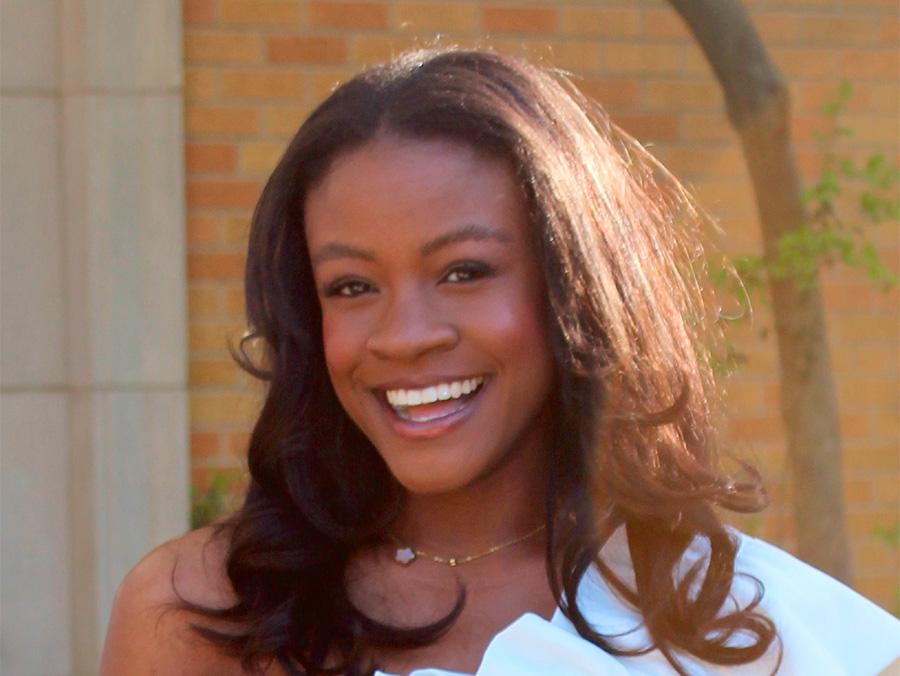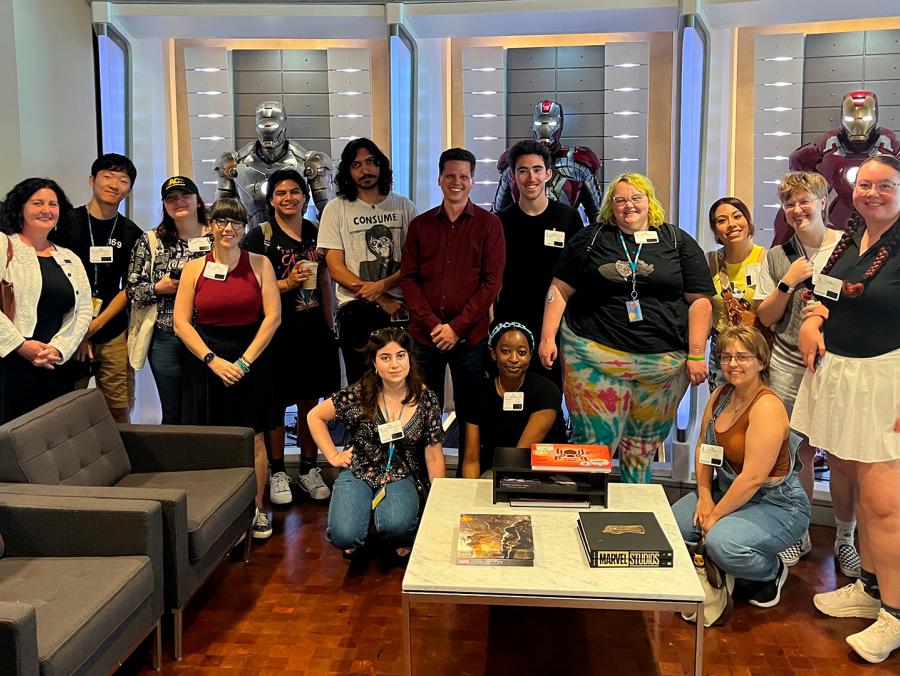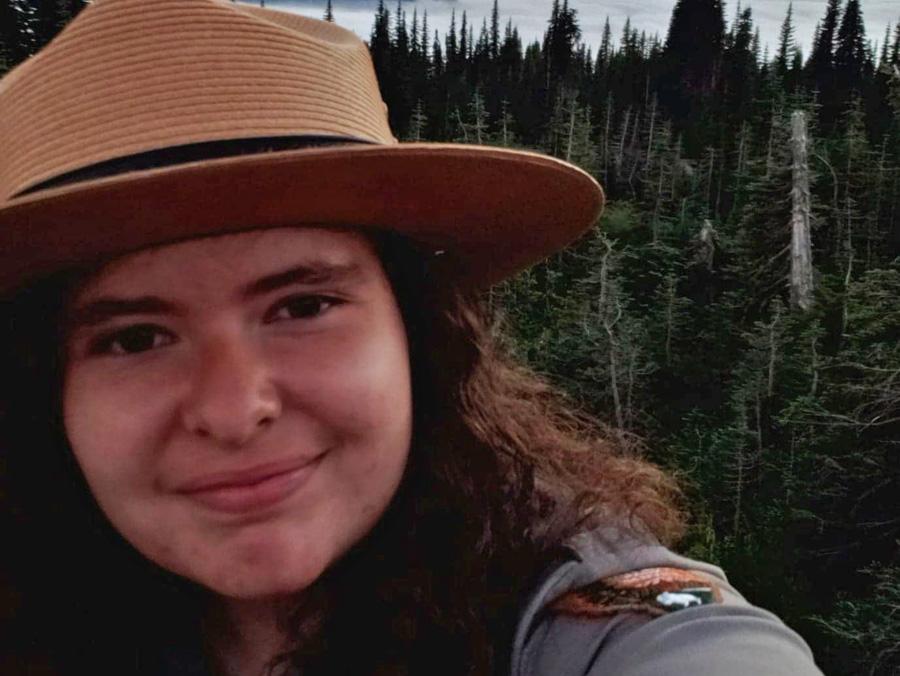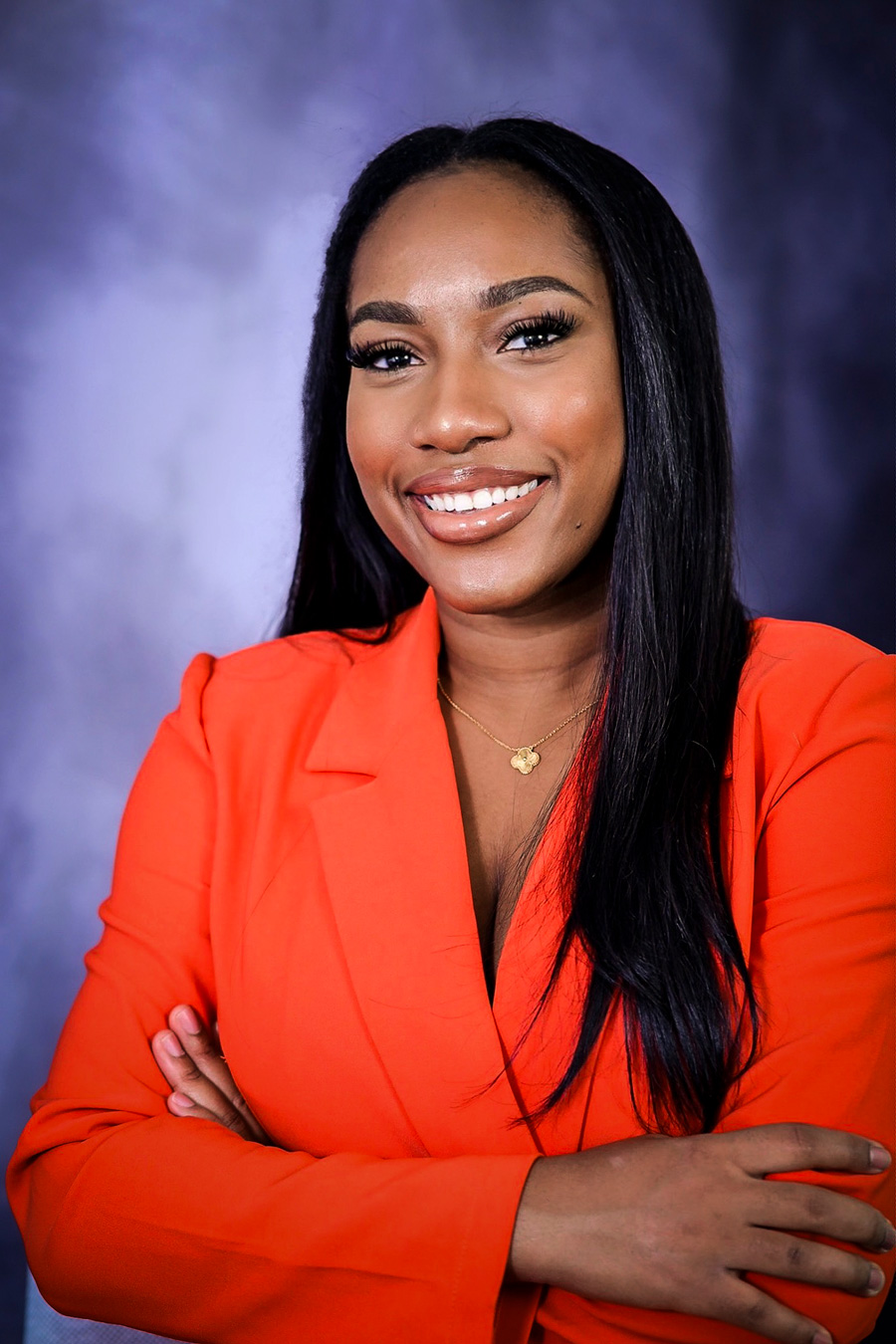
Obianuju Okafor ('19 M.S., '22 Ph.D.), knew her signature would someday end in Ph.D.
"I've always had a passion for learning, and my dad encouraged me to pursue a doctoral degree," says Okafor, who grew up in Lagos, Nigeria. "It has always been a dream of his, but he never found time to go back to school."
Now a software engineer at Microsoft, Okafor is as a member of the Research and Development Data-Structured Query Language team working primarily on the data analytics tools Power BI and Datamart. She also collaborates with the research division and engineers on the data visualization team to make Power BI accessible to people with visual impairments.
Okafor's interest in accessibility was sparked by her doctoral advisor Stephanie Ludi, professor of computer science at UNT. Ludi, who is visually impaired, has long advocated for greater accessibility and inclusion in computer science.
"Dr. Ludi introduced me to the concept of accessibility in programming environments, why it matters and how to achieve it," Okafor says. "The more I got into it and realized its impact, the more passionate I became. Making programming environments accessible to people with disabilities encourages them to pursue a career in computing, which will increase the number of professionals in the field and lead to greater technological advancement."
Okafor chose UNT partly because of its proximity to friends and family, but also because of the computer science department's participation in the BRAID initiative -- Building, Recruiting, And Inclusion for Diversity. The initiative, which ran from 2014 to 2021, was a partnership of 15 universities across the nation dedicated to increasing the participation and success of students from underrepresented groups in undergraduate computer science programs.
"BRAID sponsored a lot of conferences for myself and other women in the computer science department," she says. "I was able to form a close-knit community with some of them, all of whom I'm still friends with to this day."
Through her doctoral research in Ludi's lab, Okafor explored ways to increase the accessibility of block-based programming environments for people with motor and visual impairments, such as adding keyboard shortcuts for navigation of the user interface and screen reader support for audio feedback. Her research team focused on Blockly, a free and open-source software developed by Google and MIT.
For her dissertation, Okafor created a speech-driven block-based programming application called Voice-enabled Blockly, which enables people with upper-limb motor impairments to write code using their voice as a form of input.
"Before joining Dr. Ludi's research group, I developed applications, but accessibility was not always at the forefront," she says. "Working with her made me more cognizant of the accessibility of not just the applications I create, but also existing ones that can be made more accessible."
Beyond software development, Okafor's courses in computer science introduced her to forward-looking areas like data mining, cybersecurity, machine learning and artificial intelligence -- knowledge that helped her land several internships at companies including IBM, Macy's and Salesforce.
Her time at UNT also prepared her for her new role as an adjunct lecturer at the University of Texas at Austin, where she's teaching a graduate-level course in accessible mobile application development through spring 2024.
Okafor is inspired by the possibilities of game-changers like AI, but the most fulfilling aspect of her career is knowing that her work directly impacts the lives of others.
"Creating accessible technology not only benefits people with disabilities -- it benefits society in general," she says. "Barring any group of people, even inadvertently, leaves a lot of untapped potential."





